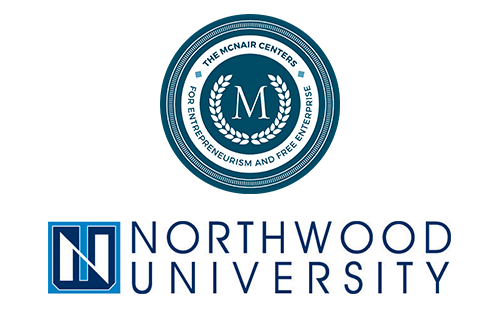Can money measure love … at least on Mother’s Day?
This year, Americans celebrated the 116th Mother’s Day on May 8. Even though some believe Mother’s Day has become too commercialized, Americans continue to spend billions of dollars on their moms. From a simple gift or cooking dinner at home for Mom, to an ornate bouquet of flowers and dinner at a special restaurant, Mother’s Day is a special event in America — a time to honor moms as well as to stimulate the U.S. economy.
A few days after our most recent Mother’s Day, Antenna TV aired a re-run of “The Tonight Show Starring Johnny Carson” from May 1986 in which Johnny was reading from newspapers about expected spending on the celebration of the upcoming Mother’s Day. In the segment, Carson noted Americans were expected to add $6.5 billion to the U.S. economy through gifts ranging from chocolates and flowers to elaborate dinners at fancy restaurants and even a “re-roofing” package offered as a Mother’s Day gift through Sears & Roebuck.
This rerun of “The Tonight Show” got us to think about how much Americans spent on Mother’s Day this year; what they spent their money on; and whether spending has increased or decreased since 1986.
With the current level of inflation Americans are facing, coupled with a negative 1.4% first-quarter U.S. GDP, preliminary estimates are Americans spent $31.7 billion celebrating Mother’s Day this year on a wide variety of gifts. In a survey conducted by retailmenot.com, Americans listed the following items as the top purchases for some or all of their Mother’s Day dollars: flowers (47%), chocolates (36%), gift cards (29%), dining (26%), jewelry (22%) and beauty products (19%).
In fact, if Mother's Day was a U.S. publicly traded company, the estimated $31.7 billion spent this year on our moms would have made it the 99th largest company by sales on the 2021 Fortune 500 list of U.S. publicly traded corporations by sales, just two spots in front of Tesla. Also, it would have been the 389th largest publicly traded corporation by sales on the global list of Fortune 500 companies.
In addition, if the $31.7 billion Americans spent on their mothers for Mother's Day were a free and independent countries’ GDP, Mother's Day as a country would be the 101st largest economy in the world in 2022; larger than well-known countries such as Iceland and Jamaica.
Next in our study, we adjusted for population (which was 333.3 million in 2022 and 240.1 million in 1986); the number of mothers (89 million in 2022 and 66 million in 1986); and inflation (it takes $2.62 2022 U.S. dollars to equal one 1986 dollar). We found the $98 Americans spent per mother on Mother’s Day in 1986 is the equivalent of $256.76 per mother in 2022 dollars, while Americans on average spent $356.78 per mother this year.
During these challenging and turbulent times, when precious dollars are more carefully allocated than they are usually, Americans spent, adjusted for inflation, 39% more on their mothers on Mother’s Day 2022 than in 1986. Whether the best we could do was a simple “I Love You” note on a piece of paper or a more extravagant gift, there is no doubt Americans love their mothers (and rightfully so!). And if money spent on Mother’s Day is a measuring tool, perhaps we love our mothers these days just a little bit more than we did in 1986.
One final note: the data shows average daily call volume is up 31% on Mother’s Day. Did you remember to call your mother?
About the authors:
Dr. Timothy G. Nash is the director of the McNair Center at Northwood University.
The Honorable Lisa C. McClain is a member of the United States Congress from the 10th District of Michigan.
Mr. James Hop is a McNair Scholar and chair of the Entrepreneurship Department at Northwood University.
